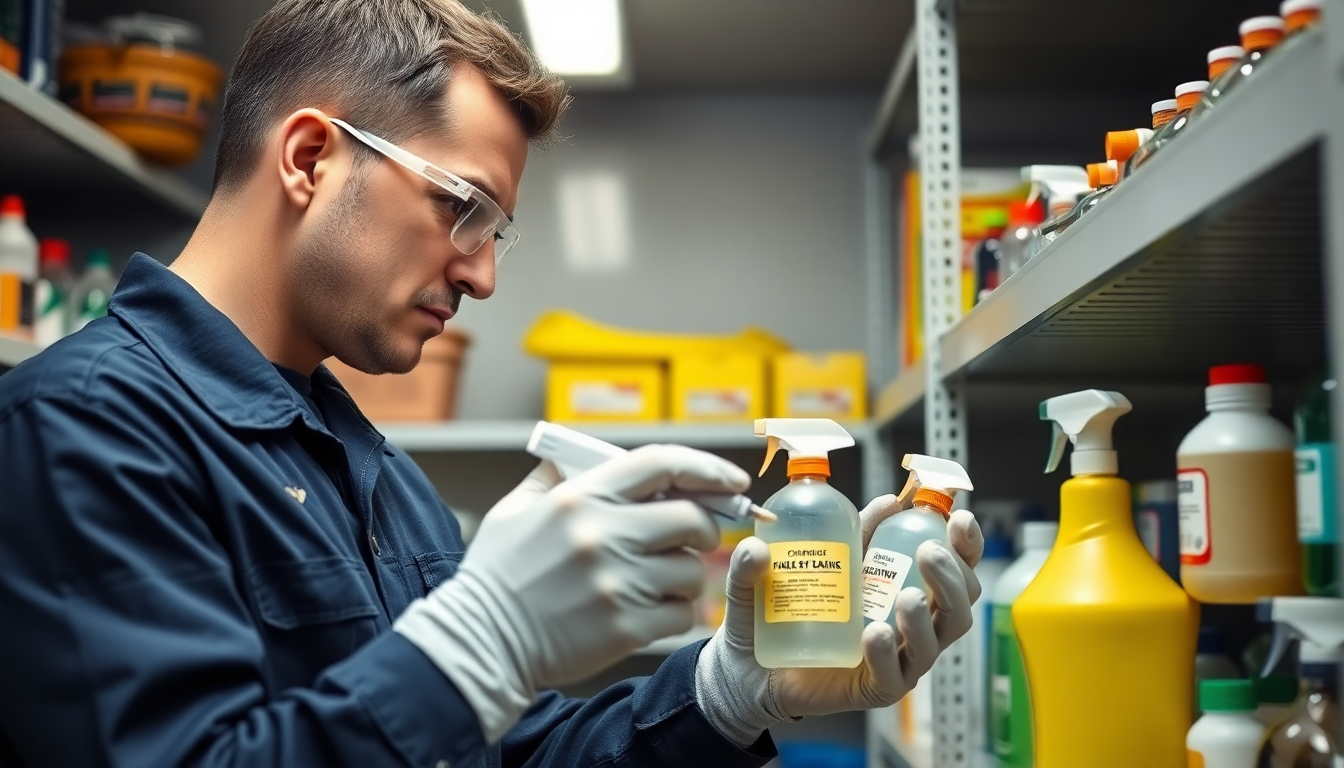Maintaining a clean and healthy environment, whether at home, in the office, or in a commercial setting, requires the right cleaning chemicals. With so many options available, it can be overwhelming to choose the appropriate products for your specific needs. In this blog post, we'll guide you through the process of selecting the right cleaning chemicals to ensure effective and safe cleaning.
Identify the Surface and Dirt Type
The first step in choosing the right cleaning chemical is to identify the surface you'll be cleaning and the type of dirt or grime you're dealing with. Different materials, such as marble, wood, or stainless steel, require specific cleaners to avoid damage. Similarly, the type of dirt, whether it's grease, stains, or general grime, will dictate the type of cleaner you need.
Prioritise Safety and Health
When selecting cleaning chemicals, it's crucial to prioritise safety and health. Look for non-toxic, biodegradable, and plant-based ingredients that are gentle on the environment and your health. Avoid harsh chemicals like chlorine bleach or ammonia, as they can cause respiratory issues and skin irritation. Ensure proper ventilation when using cleaning products and consider the needs of vulnerable groups, such as children, pets, or allergy sufferers.
Read Product Labels and Certifications
Carefully read the product labels to understand the intended purpose of the cleaner, such as degreaser, disinfectant, or stain remover. Additionally, look for certifications like GECA (Good Environmental Choice Australia) that indicate the product is environmentally preferable. Review the product's Material Data Sheet (MDS) for guidance on safe handling and chemical composition.
Don't Overlook Dilution and Testing
When using cleaning chemicals, it's important to follow the recommended dilution instructions. More chemical does not necessarily mean a better clean, and it can leave surfaces sticky or residue-laden. Before applying the cleaner to the entire surface, perform a spot test in an inconspicuous area to ensure it's suitable and won't cause any damage.
Balance Quality, Cost, and Effectiveness
While it's tempting to opt for the cheapest cleaning products, it's important to balance quality, cost, and effectiveness. Cheap products may be less effective, require more effort, or leave behind unwanted residues. Consider the long-term value of a higher-quality, more effective product, as it may save you money and time in the long run.
By following these guidelines, you can confidently choose the right cleaning chemicals for your specific needs, ensuring effective and safe cleaning for your home, office, or commercial space. Remember, the key to successful cleaning is matching the right product to the surface and dirt type, while prioritizing safety and health.
Recommended Cleaning Chemical Brands
At Janitorial Depot, we offer a wide range of high-quality cleaning chemicals from trusted brands like Agar Chemicals and Whiteley Chemicals. These products are designed to meet the diverse needs of schools, offices, and healthcare facilities, providing effective and safe cleaning solutions.

